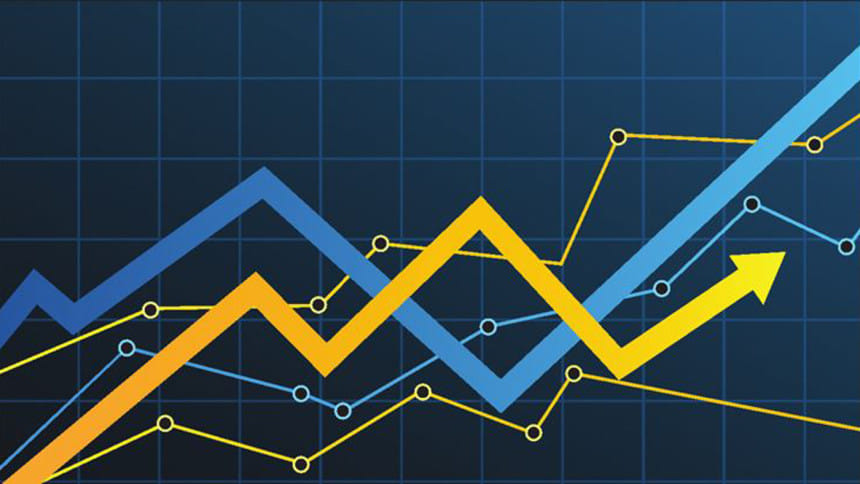Budget spending rises 17.5% in July-March

Budgetary spending increased by 17.5 percent year-on-year in the first nine-month period of the current fiscal year of 2024-25, mainly due to a rise in spending on interest payments and subsidies.
The total expenditure stood at Tk 386,973 crore in the July-March period of FY25, up from Tk 329,284 crore in the same period of the previous year, according to a report of the finance ministry.
The total actual operating spending was 62.1 percent of the operating budget estimates. During the period, 57.1 percent of the total revenue target has been achieved.
In the total expenditure, subsidies have almost doubled to Tk 63,355 crore.
The revised budget raised this year's power subsidies to Tk 62,000 crore, which resulted from the payments of arrears accrued over several fiscal years.
Power subsidies stood at around Tk 9,000 crore in FY2020-21 but climbed as the previous government approved large power plants without phasing out older ones. This led to underutilisation and hefty capacity payments.
The Russia–Ukraine war led to a spike in fuel and liquefied natural gas (LNG) prices, further pushing up power generation costs, while the weakening taka compounded the subsidy burden.
The previous government's failure to make timely payments left power companies with mounting arrears, which are now being cleared.
Officials said that although a large portion has been paid, some may get carried over into FY26.
"If arrears spill into the next fiscal year, the allocation may rise beyond Tk 37,000 crore," a finance ministry official told The Daily Star.
Not only the higher subsidies but also higher interest payments caused higher budgetary spending in the period.
In the span of the nine-month period of the current fiscal year, interest payments of the government grew 25 percent year-on-year to Tk 96,206 crore.
The country's interest payments soared as the government borrowed heavily, particularly for mega projects, often without proper research.
In the first nine months of fiscal year 2024-25, the interest payments soared 92 percent year-on-year to Tk 85,298 crore.
Bangladesh Bank's recent policy rate increases have contributed to rising interest payments on domestic loans.
The interest rate for the government's domestic borrowing from banks and non-bank sources through treasury bonds and bills also increased to between 10 percent and 12 percent, which was 8 percent until 2023.
As a result, these projects are not generating sufficient returns for the repayment of the loans, which ultimately becomes a burden on the budget.
Some of the loans taken in recent years have short repayment periods, further exacerbating the financial strain.
Interest payments against external loans would continue to soar in the coming years thanks to Bangladesh's graduation from the least developed country bracket and elevated benchmark interest rates in advanced economies, according to the finance division's Medium-Term Macroeconomic Policy Statement.
Usually, interest payments commence once the loan is utilised. But after the pandemic, the government has been taking large amounts of budgetary support every year, which is disbursed immediately, and the repayments kick in.
Many mega projects have been completed and some are nearing completion. The principal amount of the loans for those projects is yet to be repaid, but the interest payments have been paid.
As the per capita income has increased in recent years, the multilateral and bilateral lenders have increased the interest rate. Many of them have been lending at a market-based interest rate, which is high enough.
During the first nine months of FY25, the country's total revenue rose 7.71 percent year-on-year to Tk 309,053 crore.
In the same period, total tax revenue grew 2 percent to Tk 260,910 crore.
Of the Tk 260,910 crore, Tk 255,076 crore was collected by the National Board of Revenue (NBR), which is also 2 percent higher than that of the same period of the previous fiscal year.
From July 2024 to March 2025, non-tax revenue surged 52 percent to Tk 48,143 crore, the data showed.


 For all latest news, follow The Daily Star's Google News channel.
For all latest news, follow The Daily Star's Google News channel. 



Comments